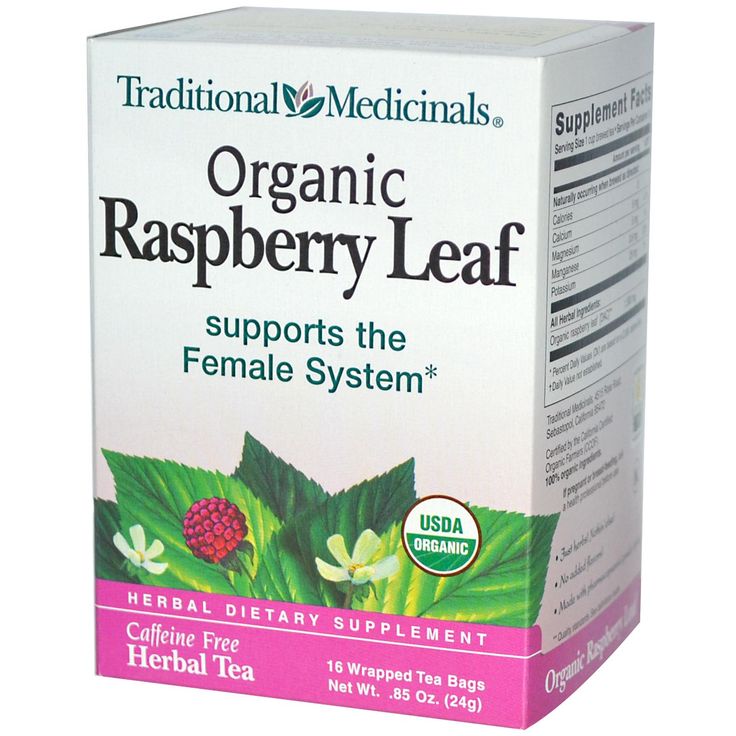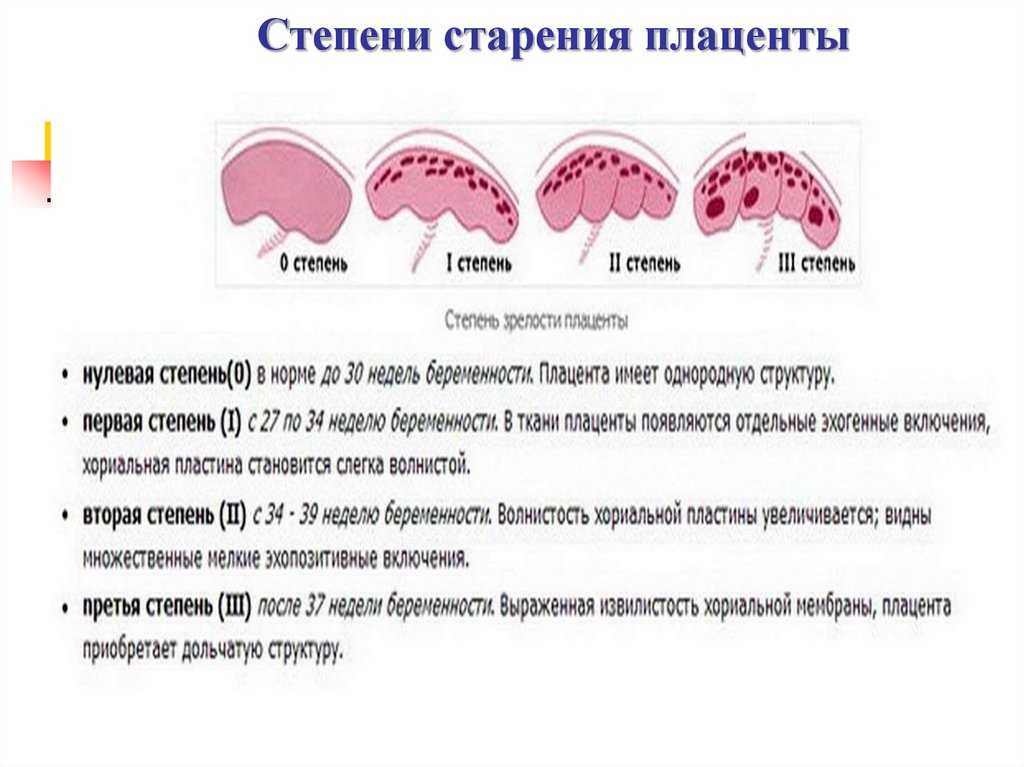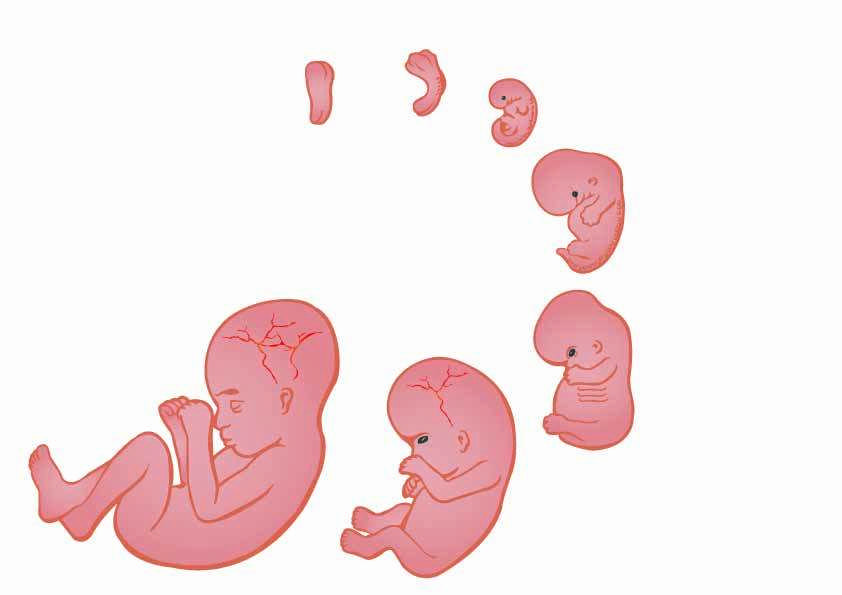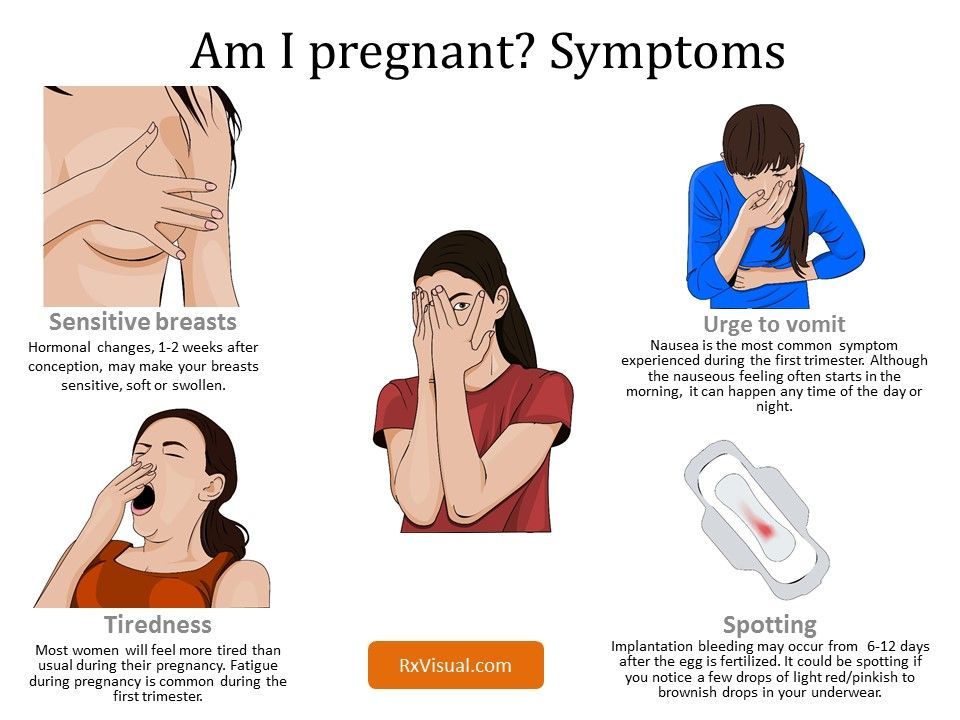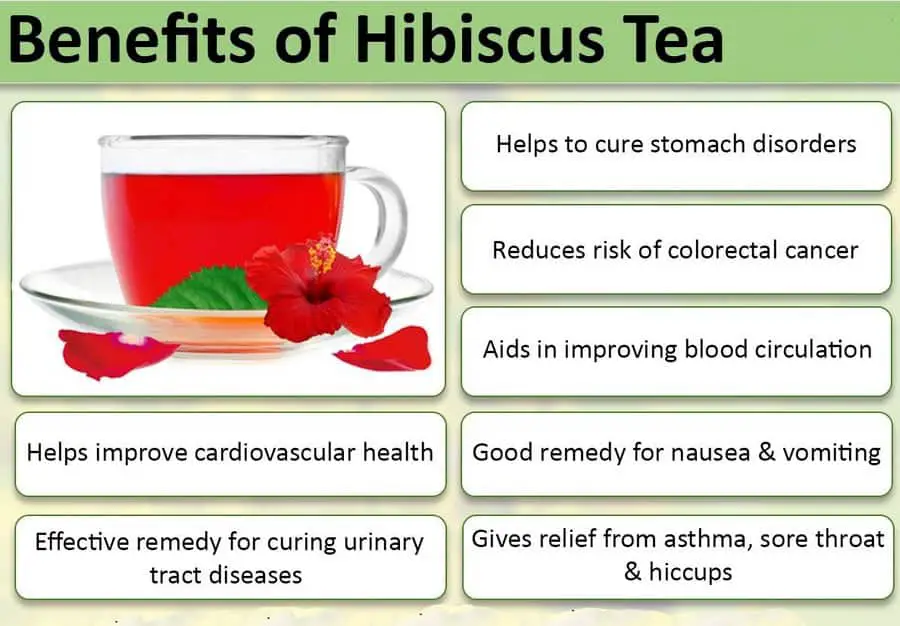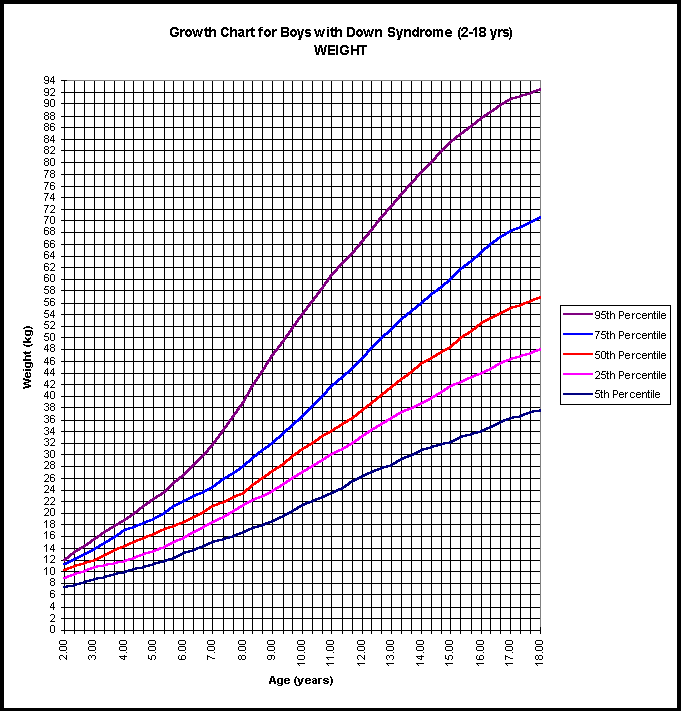Is raspberry leaf tea safe during pregnancy
Raspberry leaf tea during pregnancy
Raspberry leaf tea is an herbal tea made from the leaves of the raspberry plant and has been used throughout history for uterine and pregnancy health. Purported benefits include strengthening the uterine muscles, shortening labor, and easing labor pain. However, there is very little research into whether raspberry leaf tea is safe or actually works. Some experts advise against drinking it. If you do consume the tea, do so after 32 weeks of pregnancy and in moderation.
What is red raspberry leaf tea?
Red raspberry leaf tea is an herbal tea made from the leaves of the raspberry plant. The tea has been used throughout history for medicinal purposes, particularly for uterine and pregnancy health. Some women also drink it to help induce labor, although there's no evidence this works.
What are red raspberry leaf tea's benefits?
Raspberry leaf tea benefits include:
- Healthy nutrients. Raspberry leaves are rich in vitamins and minerals, including vitamins A, C, and E, as well as iron, calcium, and potassium.
- Improved uterine health. The tea is thought to increase blood flow to the uterus and strengthen uterine muscle fibers. This may help improve the effectiveness of contractions during labor.
- Antioxidant and anti-inflammatory properties. These effects are thought to be beneficial to overall health.
It's possible that raspberry leaf tea may also:
- Shorten labor. One small study of less than 200 women found that raspberry tea shortened the second stage of labor by about 10 minutes.
- Reduce the need for labor interventions: The same study found a decrease in the use of forceps in women who consumed raspberry leaf in tablet form from 32 weeks of pregnancy until labor. An even smaller study of just over 100 women suggested those who had raspberry leaf products during pregnancy were less likely to require a c-section, artificial rupture of the bag of waters, or vacuum-assisted birth compared with women who didn't consume raspberry leaf tea.
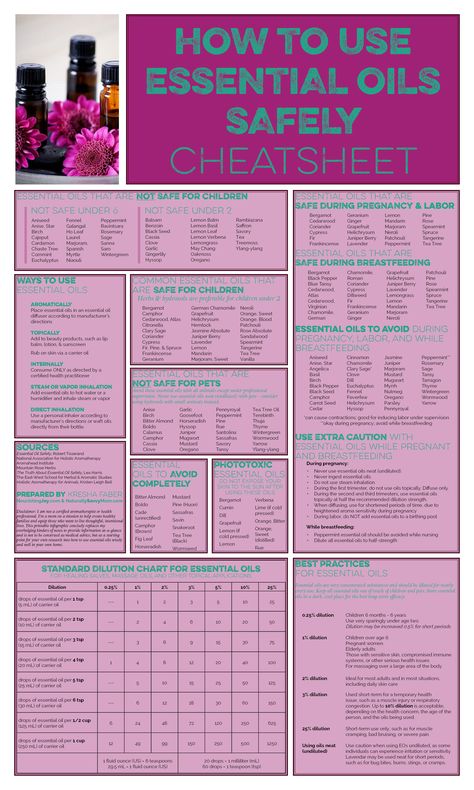
- Lower rates of pre-term and post-term birth: A small, observational study involving around 150 women found those who drank raspberry leaf tea were more likely to give birth close to their due date.
- Reduce nausea. Some midwives and herbal books promote red raspberry tea as a way to help with morning sickness. However, there is controversy over whether it's safe to drink the tea during the first trimester.
- Ease labor pains. Raspberry leaf is sometimes touted as helping reduce the pain of labor, but there are no studies to confirm this.
Overall, research on raspberry leaf tea is scarce. The few studies that do exist aren't large enough to prove that the tea is helpful during pregnancy or labor, or to discount possible negative side effects
Can I drink red raspberry leaf tea to induce labor?
There's no evidence that red raspberry leaf tea actually induces labor, but it's possible that consuming a lot of the tea at once could lead to intense contractions that distress your baby.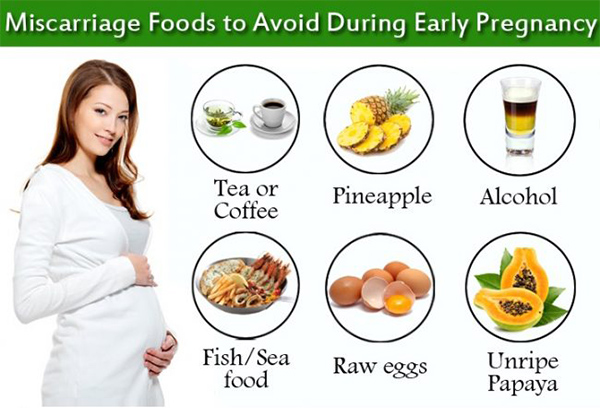 It could also make you feel sick or give you diarrhea. It's best not to drink a lot of raspberry leaf tea in one go, either earlier in pregnancy or to try to kick-start labor.
It could also make you feel sick or give you diarrhea. It's best not to drink a lot of raspberry leaf tea in one go, either earlier in pregnancy or to try to kick-start labor.
Some doctors and midwives advise against taking anything that could interfere with labor, especially if, like raspberry leaf tea, it hasn't been well studied. If you do want to try it, you could sip a little of the tea during early labor or at the hospital or birth center.
Don't drink the tea if your labor is being induced, as the compounds in the tea could interfere with the induction process.
Advertisement | page continues below
Is red raspberry leaf tea safe during pregnancy?
It's unknown whether red raspberry leaf tea is completely safe, because of the lack of research. Some experts recommend avoiding the tea completely (along with many other herbal supplements) during pregnancy, because there's not enough evidence to prove that it's safe or beneficial.
If you do decide to drink red raspberry leaf tea, it's recommended you don't start until around 32 weeks of pregnancy, and that you only drink it in moderation. It's best to avoid drinking the tea during the first trimester. Some experts worry the stimulating effects of the tea on the uterus could cause a miscarriage early in pregnancy.
It's best to avoid drinking the tea during the first trimester. Some experts worry the stimulating effects of the tea on the uterus could cause a miscarriage early in pregnancy.
While a couple of small studies found no safety concerns among pregnant women who consumed raspberry leaf in tea or tablet form during pregnancy, a recent analysis of 74 published studies on herbal medicine use in pregnancy found that raspberry leaf consumption was associated with higher risk of cesarean delivery. Another study found an association between the herb and gastrointestinal complaints during pregnancy such as diarrhea, constipation, nausea, bloating, vomiting and heartburn.
It's possible raspberry leaf tea may also be problematic for women with gestational diabetes. One published case study showed an association between consuming the tea and reduced blood sugar in a woman with the disorder. But another study of compounds in raspberry leaf found they may be helpful for diabetes, including gestational diabetes.
In summary, there's no clear evidence of benefits or problems with drinking raspberry leaf tea during pregnancy.
How much red raspberry leaf tea should I drink during pregnancy?
If you decide to drink red raspberry leaf tea, it's recommended to start around 32 weeks of pregnancy with just one cup a day. You could gradually increase this to two or possibly three cups a day (or the equivalent in tablet form).
Don't drink the tea during your first trimester. Stop drinking the tea if you start getting strong Braxton Hicks contractions, or any other side effects.
It's a good idea to talk to your doctor or midwife before taking any herbal supplement during pregnancy, including red raspberry tea.
Who shouldn't drink red raspberry tea during pregnancy?
Don't drink raspberry leaf tea if:
- You had a previous labor that lasted three hours or less.
- You're having a c-section, or you've had a caesarean section before.
- You previously went into labor prematurely.
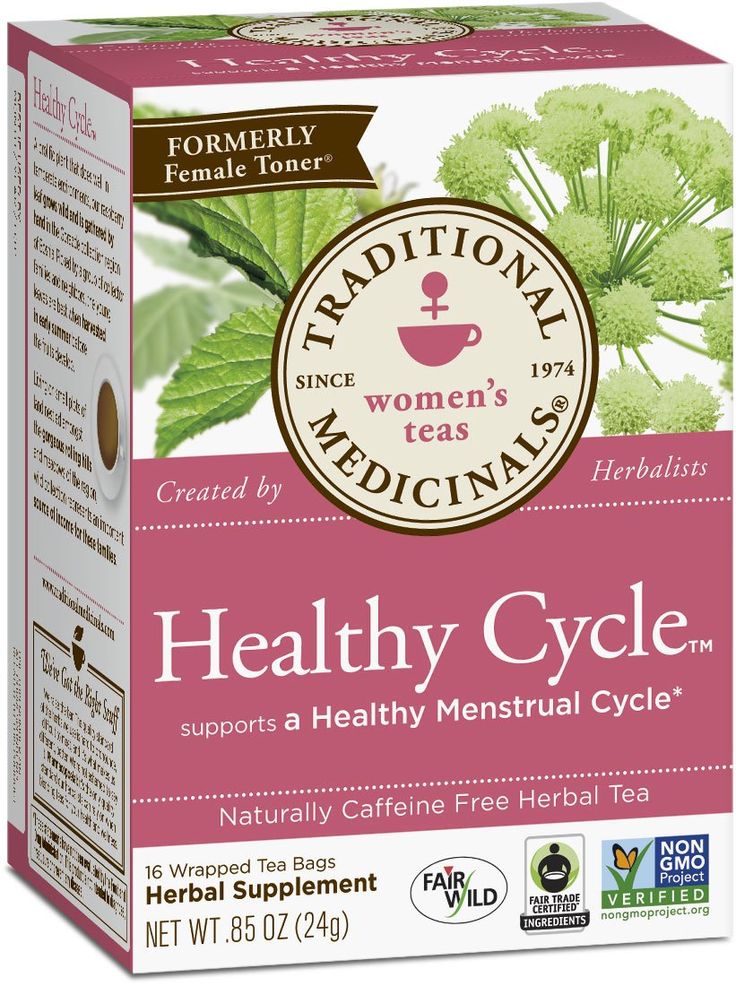
- You've had any vaginal bleeding in the second half of your pregnancy.
- You've had or are at risk for ovarian cancer, endometriosis, or fibroids.
- Your baby is breech.
- You have pregnancy complications such as high blood pressure.
- You're expecting twins.
- You have pre-existing or gestational diabetes.
Was this article helpful?
Yes
No
Raspberry leaf tea and pregnancy
Health & WellnessFebruary 13, 2023 1 min read
Red raspberry leaf tea has been touted for its benefits for both increasing fertility and inducing labor. Regardless of which reason you might be drinking it, there are some important factors to consider.
“There is some information floating out there about raspberry leaf tea ‘priming’ the uterus, increasing blood supply to the uterus, etc., and this could make a more favorable uterus for achieving pregnancy,” said Crystal S. Berry-Roberts, MD, MBA, FACOG, Ob/Gyn at ARC South Ob/Gyn in this recent article in Romper.com. However, Dr. Berry-Roberts takes care to note that these claims are “not scientifically substantiated or proven to be true.”
Raspberry leaf tea during pregnancySo, is it safe to drink red raspberry leaf tea during pregnancy? Though Dr. Berry-Roberts notes that red raspberry leaf tea’s ability to kickstart labor is not yet definitively proven, she says that the tea “should be avoided in early pregnancy or while preterm (before 37 weeks) because of the potential effect of softening the cervix and inducing labor.”
“The safety of herbal supplements, in general, is not something regulated by the FDA, and therefore the ‘safety’ of raspberry leaf tea in pregnancy is unclear,” Dr.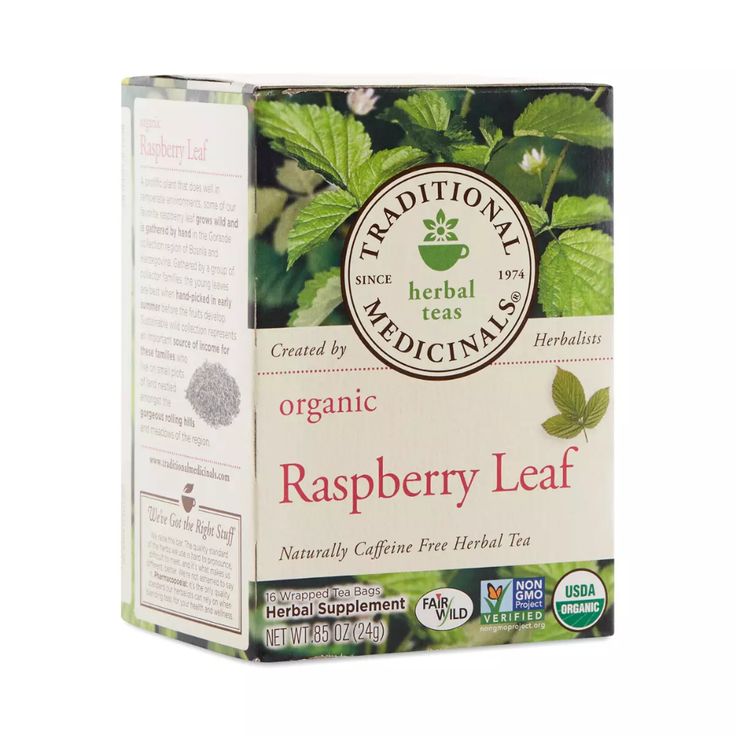 Berry-Roberts says. “We do not have substantiated, evidence-based data to answer this question definitively.”
Berry-Roberts says. “We do not have substantiated, evidence-based data to answer this question definitively.”
“It is possible that raspberry leaf tea can cause changes with the uterus that can positively impact labor, but again, this is uncertain,” Dr. Berry-Roberts explains. The choice of whether or not to drink red raspberry leaf tea during pregnancy should be something you discuss with your doctor beforehand, as you would before taking any supplement while pregnant.
ARC Obstetrics/Gynecology (Ob/Gyn)ARC Ob/Gyn doctors are primary care physicians who focus on women’s health issues, including pregnancy, fertility, birth control, mammograms, menopause, std testing, ultrasounds, and more.
Make an appointment todayDr. Berry-Roberts is currently accepting new patients. If you would like to make an appointment, call ARC South Ob/Gyn at 512-383-9752 or schedule an appointment online.
Tags: fertility, Pregnancy, raspberry leaf tea
1
useful or dangerous properties of natural drink
Raspberry leaves are a rich source of vitamins and trace elements. They have anti-inflammatory, antipyretic and analgesic effects, have a beneficial effect on the reproductive system of women, have an immunostimulating, antitoxic and hemostatic effect. But can pregnant women drink raspberry leaf tea?
legion-media
Common garden raspberry leaf tea has been popularly used for many centuries to prevent women's diseases and relieve pregnancy symptoms. Among the benefits of the herbal drink, they also noted the strengthening of the muscles of the uterus, the reduction of the duration of labor and the relief of labor pain. However, there is insufficient evidence for both the effectiveness of raspberry leaf tea and its safety. Therefore, doctors often do not advise pregnant women to drink it.
Among the benefits of the herbal drink, they also noted the strengthening of the muscles of the uterus, the reduction of the duration of labor and the relief of labor pain. However, there is insufficient evidence for both the effectiveness of raspberry leaf tea and its safety. Therefore, doctors often do not advise pregnant women to drink it.
Contents of the article
Do not self-medicate! In our articles, we collect the latest scientific data and the opinions of authoritative health experts. But remember: only a doctor can diagnose and prescribe treatment.
What are the benefits of red raspberry leaf tea?
Raspberry leaves, like the berries of this plant, are rich in vitamins and minerals, due to which they are very actively used in alternative medicine. They are harvested, dried and used to make herbal drinks.
- The chemical composition of the leaves includes a set of vitamins A, B9, C, E, K, PP; useful trace elements - iodine, potassium, magnesium, manganese, copper, zinc; organic acids; salicylic acid, phytoncides, flavonoids, tannins, antioxidants.

- Due to its composition, red raspberry leaves have anti-inflammatory, antipyretic and analgesic effects.
- They have an antioxidant, antitumor effect. Their regular use in the form of tea reduces the reactivity of platelets, helps to reduce the content of lipids in the blood.
- Red raspberry leaf tea is believed to help reduce morning sickness, strengthen and increase the elasticity of the vaginal walls, which reduces the risk of tears during childbirth.
- The consumption of raspberry leaves also increases uterine contractions, which contributes to the stimulation of labor and helps to reduce pain during childbirth. But there are no studies to support this.
ADVERTISING - CONTINUED BELOW
What research shows
Shortening labor
Raspberry leaf tea is said to help shorten labor.
An overseas study conducted among 108 women showed that those who drank raspberry leaf tea in the last stage of pregnancy had a shorter first stage of labor.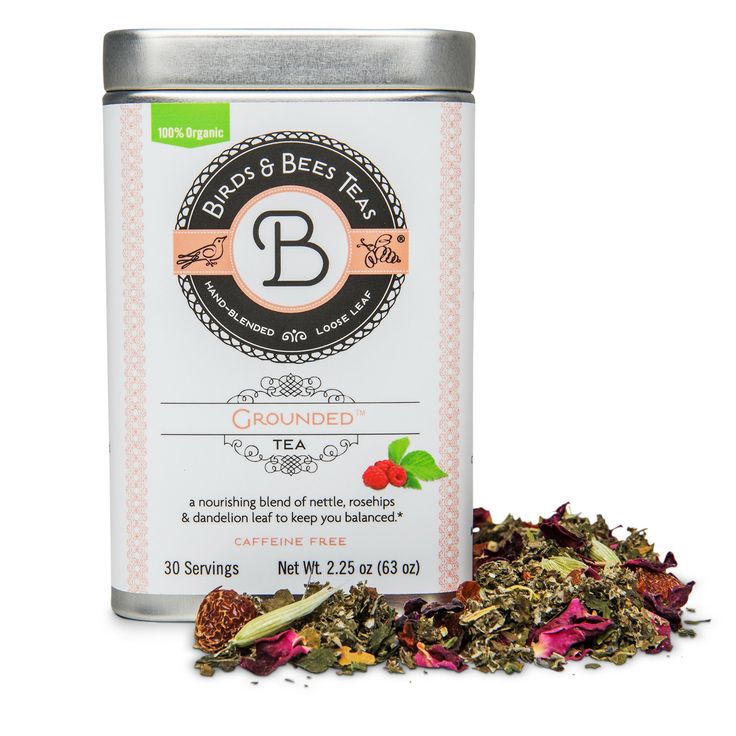
The study was repeated one year later among 192 women. It showed that the consumption of the drink helped to reduce not only the first stage of labor, but also the labored period by an average of 10 minutes.
Reduced need for childbirth
One study found a reduction in forceps use in women who consumed raspberry leaf tea from 32 weeks of pregnancy until delivery.
Another study of just over 100 women found that those who consumed raspberry leaf products during pregnancy were less likely to have a caesarean section, an artificial rupture of the membranes, or a vacuum-assisted birth, compared with women who did not use loose leaf tea.
Lower rates of preterm and post-term births
A small observational study of about 150 women found that those who drank raspberry leaf tea were more likely to give birth closer to their due date.
Reducing the need for insulin
In 2018, scientists from the Republic of Uzbekistan published a work, according to the results of which it was found that taking raspberry leaves reduces the need for insulin in expectant mothers with gestational diabetes.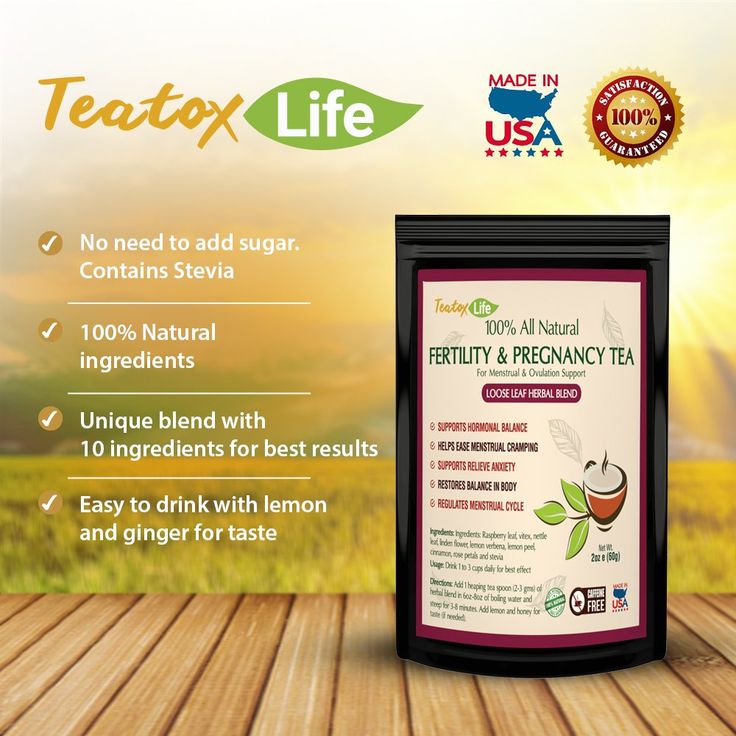 It turned out that a drink with raspberry leaves has a hypoglycemic effect, that is, it lowers the amount of sugar in the blood.
It turned out that a drink with raspberry leaves has a hypoglycemic effect, that is, it lowers the amount of sugar in the blood.
In general, the few studies that exist are not large enough to prove that tea is beneficial during pregnancy or childbirth, or to discount the possible negative side effects of this drink.
Can you drink red raspberry leaf tea to induce labor?
There is no evidence that red raspberry leaf tea can induce labor, but it is possible that drinking too much tea at one time can lead to intense contractions that will only make the baby uncomfortable. It can also cause a woman to experience nausea or diarrhea.
Do not drink too much raspberry leaf tea at one time, either in early pregnancy or when trying to induce labor.
Doctors advise not to take anything that can interfere with childbirth, especially if this remedy is not well studied.
Is red raspberry leaf tea safe during pregnancy?
It is not known if red raspberry leaf tea is completely safe due to lack of research.
Some doctors recommend avoiding this tea (along with many other herbal drinks) entirely during pregnancy because there is not enough evidence that it is safe or beneficial.
It is not recommended to start drinking raspberry leaf tea before 32 weeks of pregnancy.
Other experts believe that raspberry leaf tea is dangerous in the first trimester, as the stimulating effect of tea on the uterus can cause miscarriage in early pregnancy.
A recent analysis of 74 published studies on the use of herbal medicine during pregnancy found that raspberry leaf consumption was associated with a higher risk of caesarean section.
Another study found an association between raspberry leaves and gastrointestinal complaints during pregnancy such as diarrhea, constipation, nausea, bloating, vomiting and heartburn.
How much raspberry leaf tea can I drink during pregnancy?
If you choose to drink red raspberry leaf tea, it is recommended that you start at 32 weeks pregnant with just one cup a day. You can gradually increase this amount to two or possibly three cups a day.
Stop drinking tea if you get severe Braxton Hicks contractions or other side effects.
It is recommended that you speak with your doctor or midwife before taking any herbal supplement during pregnancy, including red raspberry tea.
Who should not drink red raspberry tea during pregnancy?
Do not drink red raspberry leaf tea during pregnancy if:
- have diseases of the gastrointestinal tract;
- there is a threat of abortion and uterine hypertonicity;
- expectant mother has blood clotting;
- previous births lasted three hours or less;
- a caesarean section is due or has already been a caesarean section;
- had vaginal bleeding in the second half of pregnancy;
- was or is at risk of developing ovarian cancer, endometriosis or fibroids;
- the child is in breech presentation;
- have pregnancy complications such as high blood pressure;
- multiple pregnancy.
youtube
Click and watch
Have you tried raspberry leaf tea?
Is it possible to have raspberries during pregnancy?
June 23, 2021
1305 views
0 comments
3 like I like
Raspberries are safe to eat during pregnancy. However, be careful with raspberry leaf tea. Tea made with raspberry fruit infusion is perfectly safe to drink during pregnancy.
Raspberry leaf tea and supplements
Raspberry leaf tea and supplements made from raspberry leaves rather than the fruit is a traditional remedy used by some expectant mothers to strengthen the uterus in preparation for childbirth.
There is no convincing evidence that taking raspberry leaves can help you go through labor faster. But some experts believe it can help tone the muscles in the uterus, helping labor progress at a steady pace.
Experts advise against taking raspberry leaf tea until you are at least your third trimester. Start slowly, with one cup a day, gradually increasing to no more than three cups a day.
You should not normally take raspberry leaf tea or supplements if:
- Have you had a caesarean section within the last two years or plan to have one this time.
- You have high blood pressure or preeclampsia.
- You had a premature birth.
- You have very strong Braxton Hicks contractions.
- You have already had a labor that lasted less than three hours.
- You will have twins, triplets or even more.
- Your child is in the glute position.
- You have a medical condition such as epilepsy, heart problems, cancer, bleeding disorders or endometriosis.
- You are taking antidepressants.
- You had any vaginal bleeding in the last half of your pregnancy.
- You or your family has a history of breast or ovarian cancer, endometriosis, or fibroids.
Raspberry Benefits During Pregnancy
Raspberries are low in calories and high in nutrients, making them an ideal healthy snack during pregnancy.
Raspberries are a rich source of folic acid, the so-called natural folic acid. It is very important that your body gets plenty of folic acid during pregnancy. Folate may help reduce the risk of neural tube birth defects, which can affect your baby's brain and spinal cord. Folic acid deficiency can also increase the risk of preterm birth and low birth weight. That's why it's important to take folic acid supplements, even if you're eating a lot of raspberries.
Other health benefits of raspberries include:
- Raspberries are high in fiber, which can help your digestion.
- Raspberries are an excellent source of vitamin C, which strengthens your immune system.
- Raspberries contain powerful antioxidants that help protect your body from degenerative diseases.
- Raspberries contain potassium and magnesium, two minerals that help support a healthy heart.
